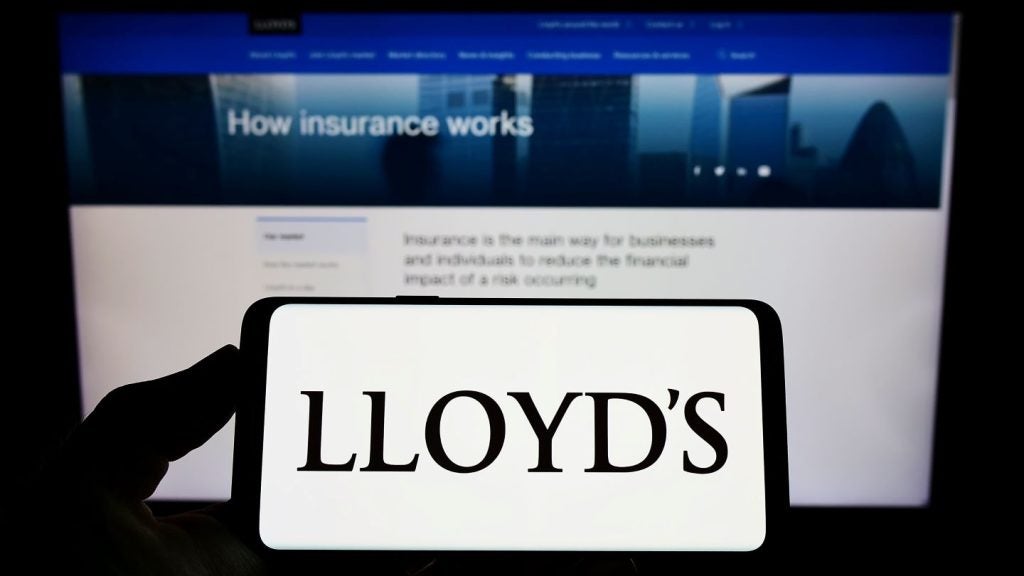Almost half of senior insurance executives
want convergence between the two main accounting regimes used by
global insurance companies, according to a study released by
Deloitte.
This noted that a total of 47% of respondents
said they want the US to abandon its national accounting standards
in favour of International Financial Reporting Standards
(IFRS).
Over the last decade, the study explained that
approximately 100 countries around the world have adopted the IFRS
accounting framework – that aims to enable companies to produce
financial statements that investors in all the main capital markets
can understand.
However, the study said the current IFRS rules
lack a standard that deals specifically with insurance contracts –
which has been delayed by the US deferring a decision about whether
it will abandon its national accounting rules and join most of the
world in using IFRS.
In the meantime the US standard setter, the
Financial Accounting Standards Board (FASB), has been working on
changing parts of its own accounting rules – the United States
Generally Accepted Accounting Principles (US GAAP) where they
affect insurance accounting, according to Deloitte.
End in sight
In spite of these obstacles, the report
highlighted proposals to address this situation and substantially
re-write accounting standards commonly used by insurers for
liabilities and investments are now being finalised jointly by the
International Accounting Standards Board (IASB) and the US
Financial Accounting Standards Board (FASB).
Given the potential impact these rules could
have on insurance companies, the Deloitte report said 52% of
respondents worry about the uncertainty as to when they will have
to adopt the proposed accounting changes in for insurance contracts
– IFRS 4 Phase II, and for financial instruments – IFRS
9).
The consultancy added that with so much
uncertainty over the final form of the standards and the deadline
by which they will have to be implemented, many insurers are stuck
in a ‘wait and see’ mode. A total of 56% of respondents said they
would wait until the standards are final before taking any
action.
There are also doubts about the balance
between costs and benefits. About one fifth of respondents think
insurance contracts changes will not be worthwhile, with 37% saying
that the cost of the financial instruments standard will outweigh
the benefits.
Tim Tookey, chief financial officer at Friends
Life, is quoted in the study as saying: “We risk losing investor
confidence as an industry because of the very complicated reporting
bases and metrics that we use, and the fact that this makes
comparability between institutions very difficult.”
Francesco Nagari, global IFRS insurance leader
at Deloitte, said: “The extended uncertainty surrounding the
completion of a converged insurance project has hampered insurers’
desire to prepare for this major implementation
challenge.
“Several insurers in our survey said they will
be able to look at the business impact of the standards only from
next year. This implementation will be a considerable undertaking
in terms of IT systems and processes, not to mention the effect on
investors’ perception of insurers’ profitability.
In Nagari’s view, a single set of accounting
standards would “level the playing field” for investors who would
be able to compare insurers globally and with other companies in
different sectors.







